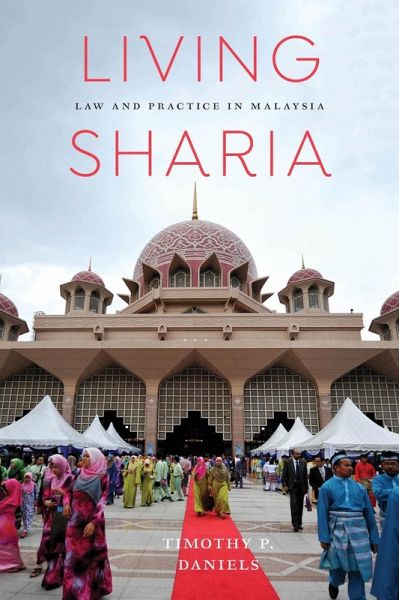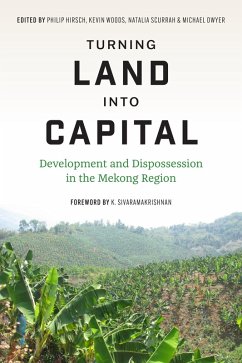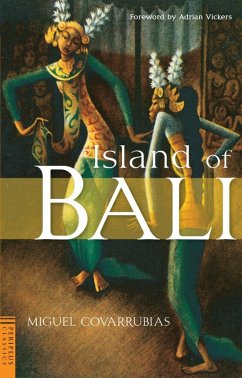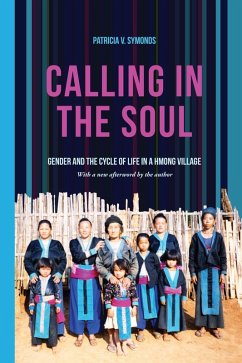
Living Sharia (eBook, ePUB)
Law and Practice in Malaysia
Versandkostenfrei!
Sofort per Download lieferbar
25,95 €
inkl. MwSt.
Weitere Ausgaben:

PAYBACK Punkte
13 °P sammeln!
Drawing on ethnographic research, Living Sharia examines the role of sharia in the sociopolitical processes of contemporary Malaysia. The book traces the contested implementation of Islamic family and criminal laws and sharia economics to provide cultural frameworks for understanding sharia among Muslims and non-Muslims. Timothy Daniels explores how the way people think about sharia is often entangled with notions about race, gender equality, nationhood, liberal pluralism, citizenship, and universal human rights. He reveals that Malaysians' ideas about sharia are not isolated fromnor always op...
Drawing on ethnographic research, Living Sharia examines the role of sharia in the sociopolitical processes of contemporary Malaysia. The book traces the contested implementation of Islamic family and criminal laws and sharia economics to provide cultural frameworks for understanding sharia among Muslims and non-Muslims. Timothy Daniels explores how the way people think about sharia is often entangled with notions about race, gender equality, nationhood, liberal pluralism, citizenship, and universal human rights. He reveals that Malaysians' ideas about sharia are not isolated fromnor always opposed toliberal pluralism and secularism.
Living Sharia will be of interest to scholars as well as to policy makers, consultants, and professionals working with global NGOs.
Living Sharia will be of interest to scholars as well as to policy makers, consultants, and professionals working with global NGOs.
Dieser Download kann aus rechtlichen Gründen nur mit Rechnungsadresse in A, D ausgeliefert werden.













